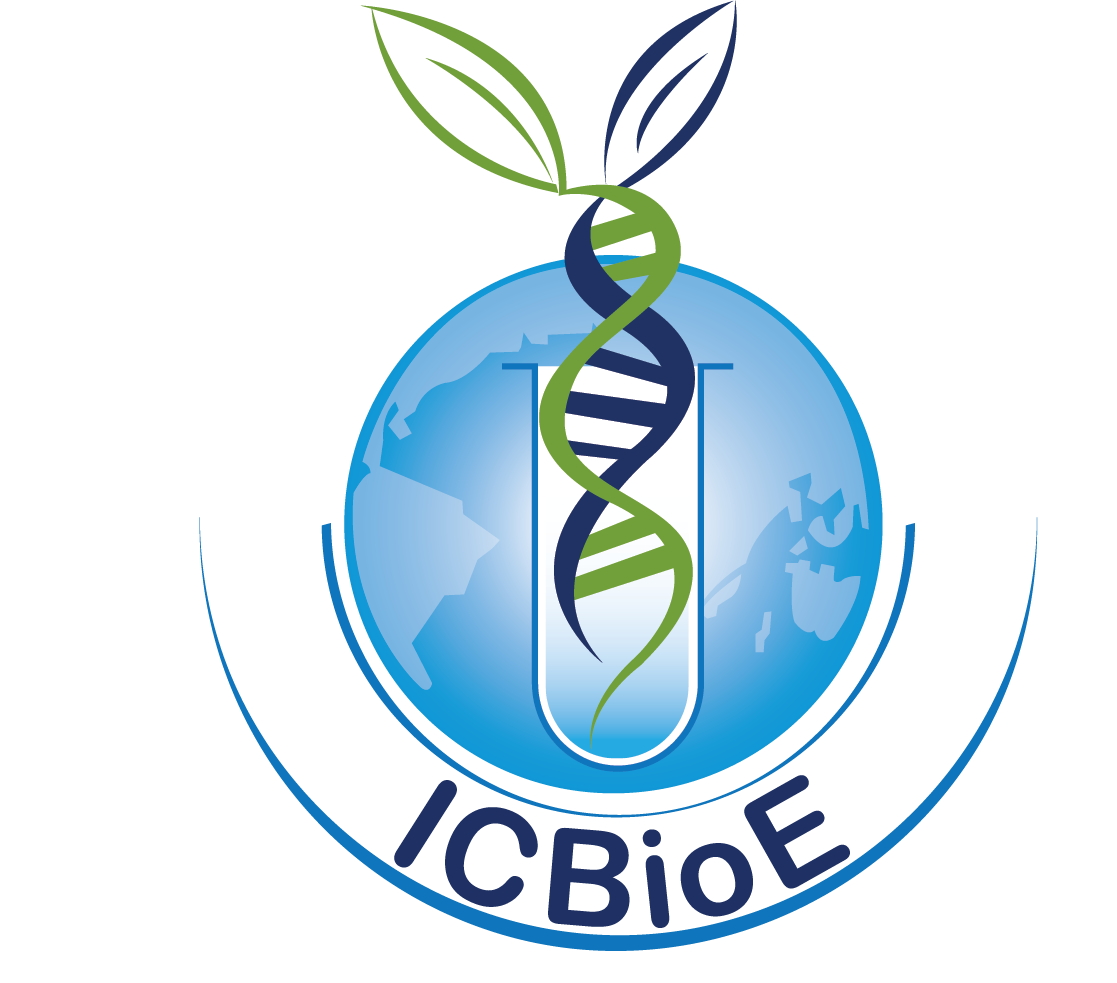
Keynote Speaker 1:

Prof. Iftekhar A Karimi
Department of Chemical & Biomolecular Engineering,
National University of Singapore
Iftekhar A Karimi is a Professor of Chemical & Biomolecular Engineering at the National University of Singapore. He is a leading expert on process systems engineering and optimization with a unique blend of experience from academia and industry. His current research interests include process modeling, process simulation, process optimization, energy integration, systems biology, carbon capture and utilization, decarbonization, hydrogen, and natural gas. He has worked on a variety of complex and practical issues related to the optimization of chemical, biological, and environmental systems, and led several industry-collaborative research projects. He led the efforts on Singapore’s first roadmap for CCSU, and is now working on a roadmap on hydrogen for Singapore.
Keynote Title:
Exploring the metabolism of Methanococcus maripaludis S2 for carbon utilisation
Carbon capture and fixation via microbes is a potential pathway for carbon utilization to address the global issues of decarbonization and climate change. Methanococcus maripaludis S2, a fast-growing autotrophic methanogen, is an attractive microbe that can convert CO2 and renewable H2 into a useful fuel methane (CH4) as a necessary energy-producing component of its metabolism. This talk will summarize our work over the last few years on exploring and understanding this metabolism. We constructed iMM518, the first axenic genome-scale metabolic model for M. maripaludis S2 and validated it with experimental data. This helped us elucidate quantify the impacts of nitrogen source (ammonia and dinitrogen) on the rates of CO2 fixation and methane generation. Then, to enhance our understanding further, we were the first to examine the aqueous phase of its growth culture, which has surprisingly been neglected in the literature so far. Our work has shown the first experimental evidence of the acetate switch in any autotroph so far, which is well established in several heterotrophs (e.g. Escherichia coli). This and other investigations have helped us identify new genes and enzymes and improve the rigor of our genome-scale model.
Important Dates
